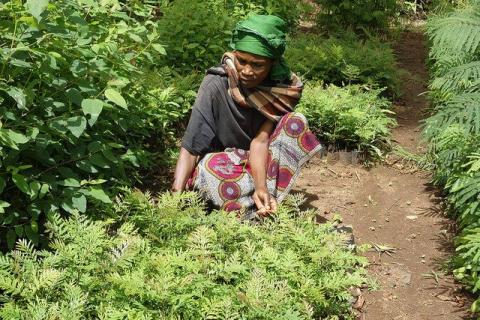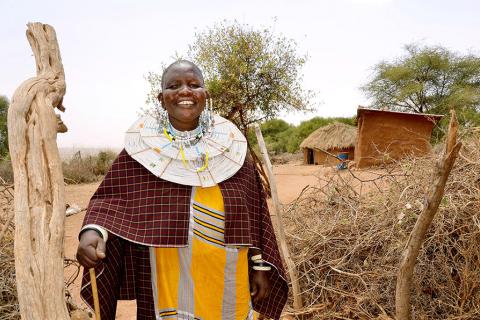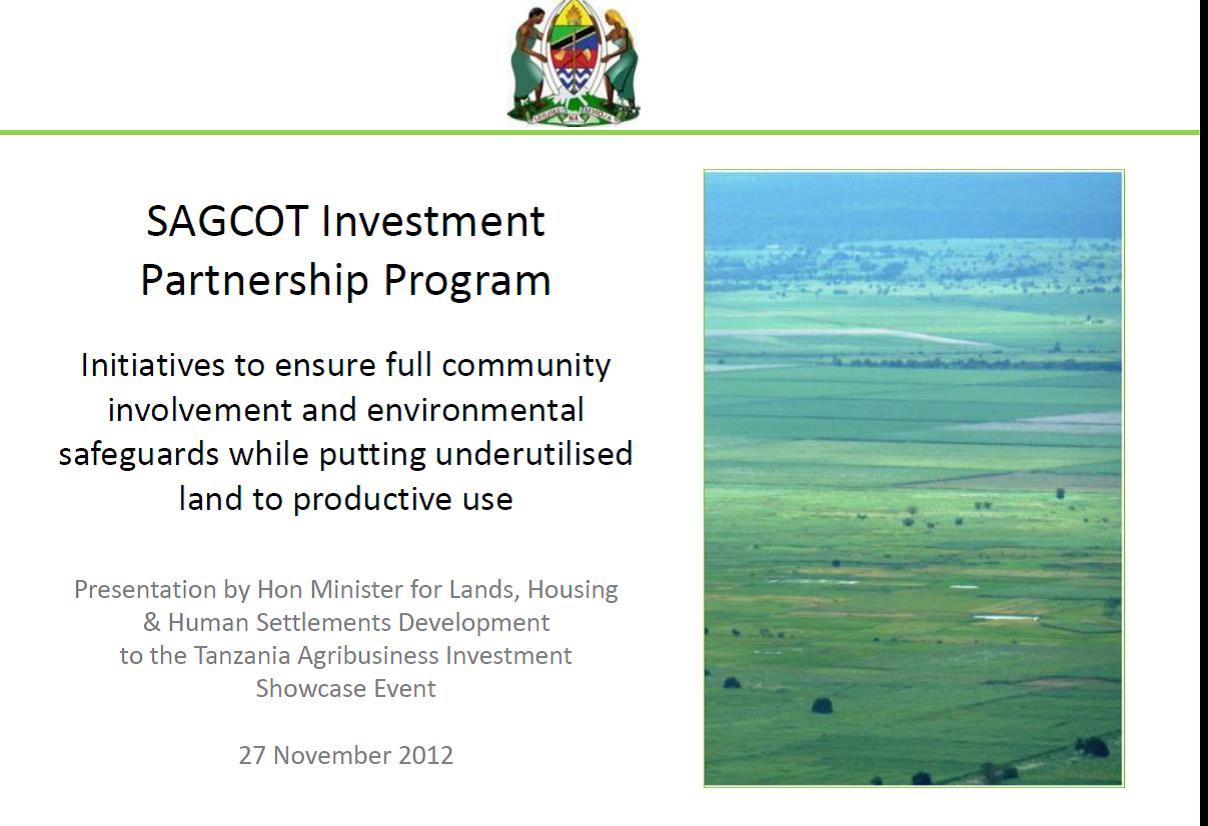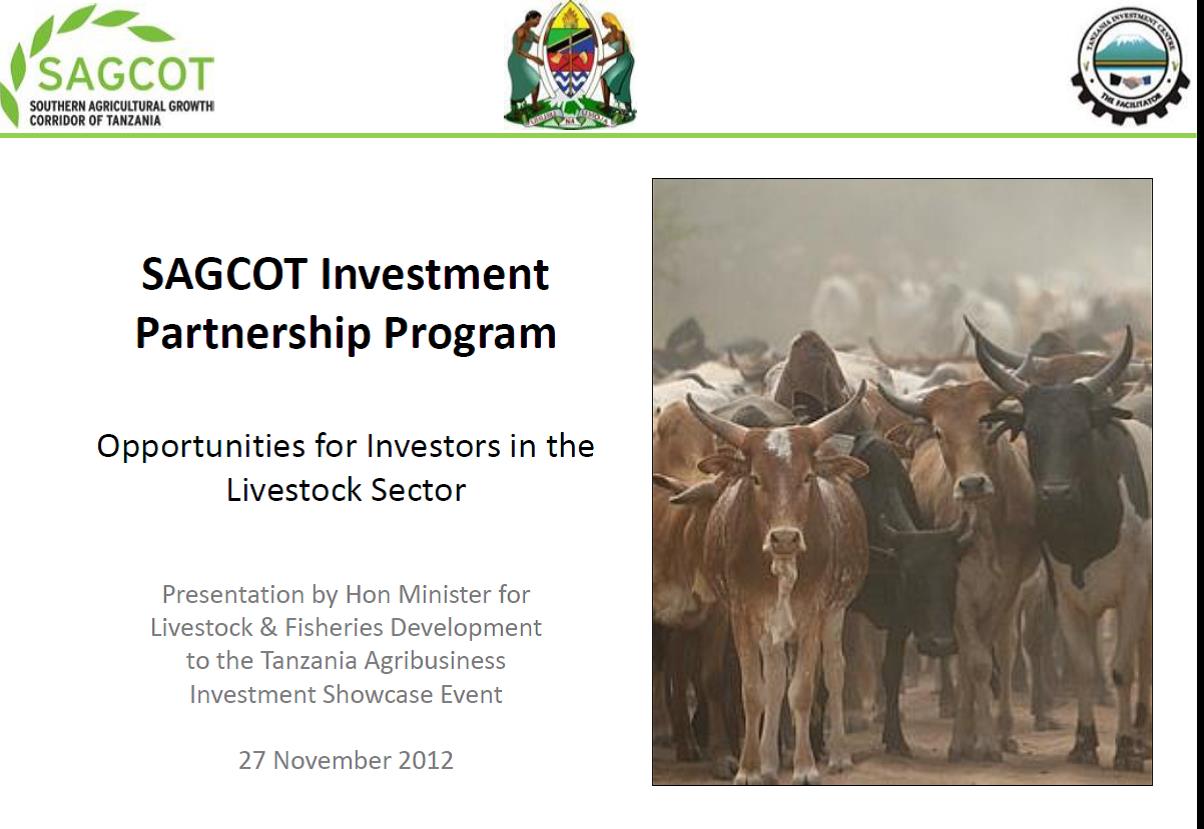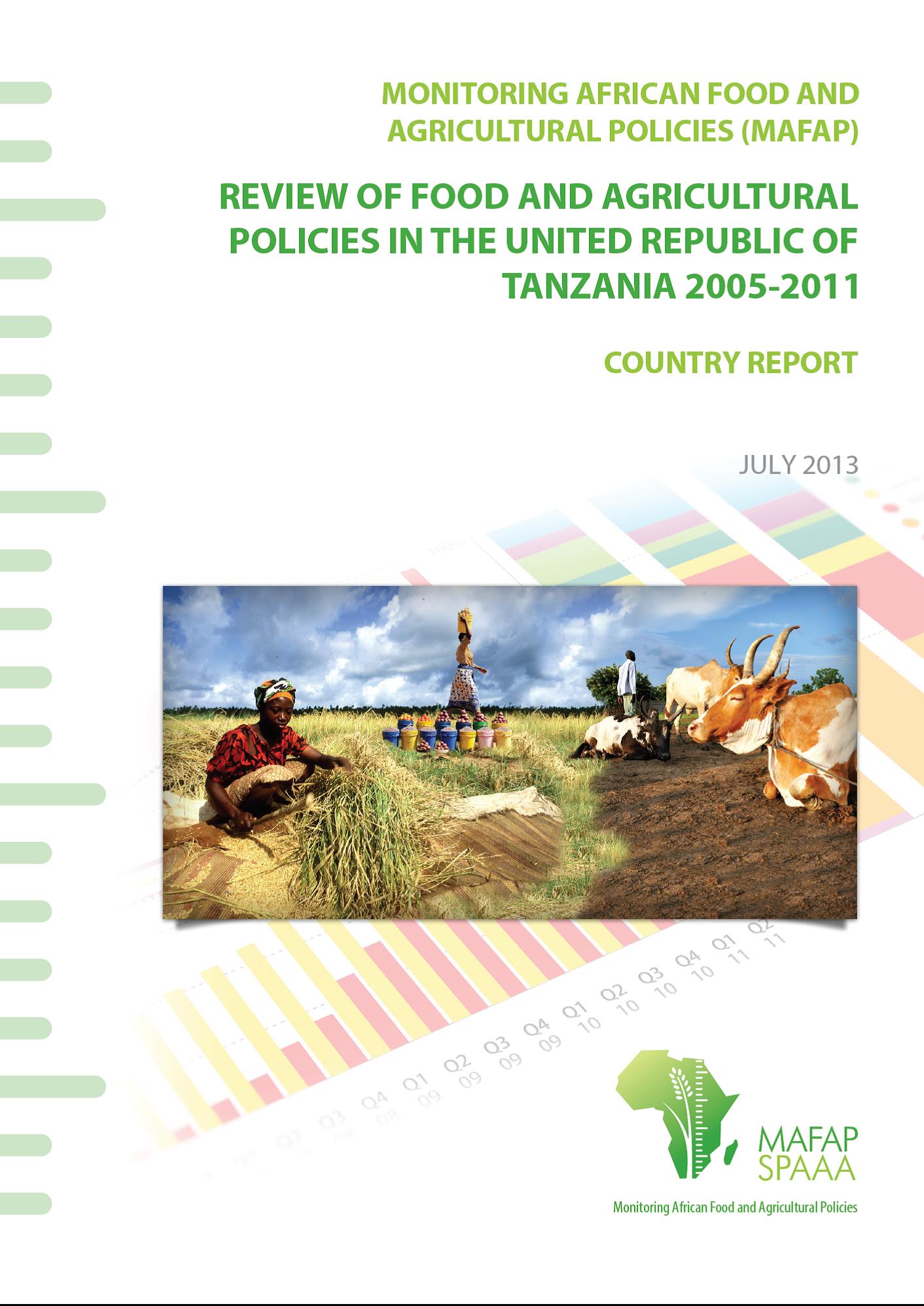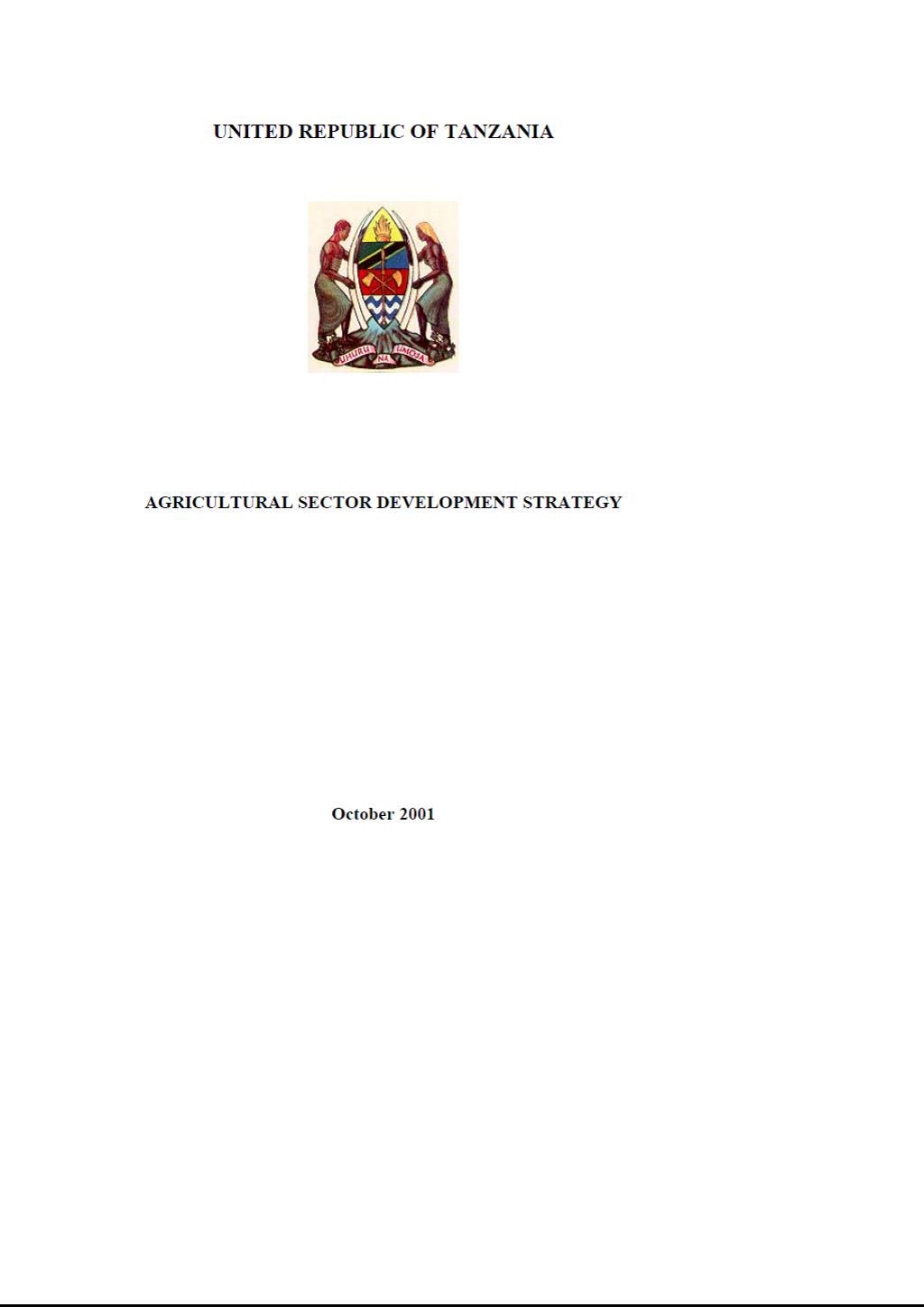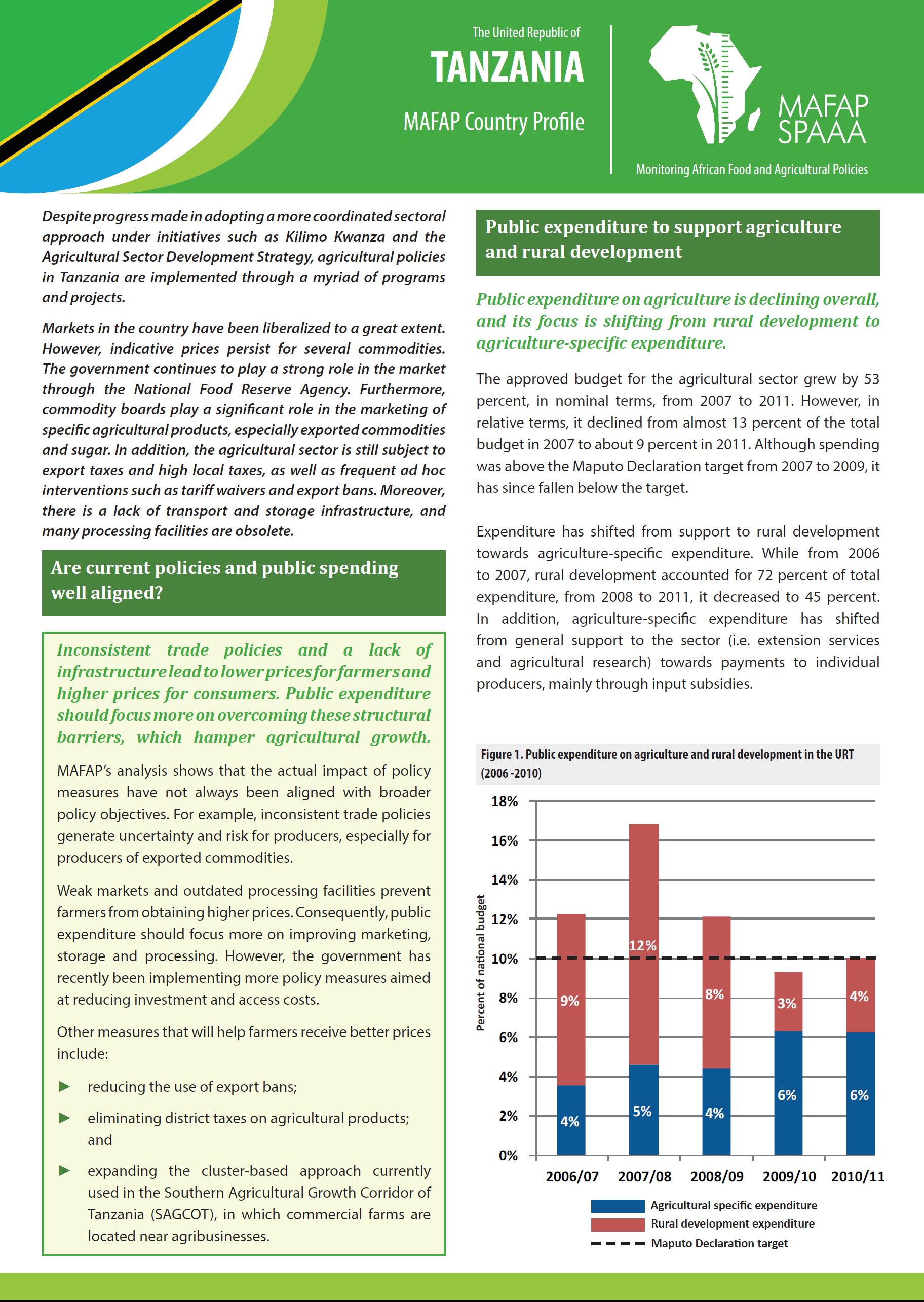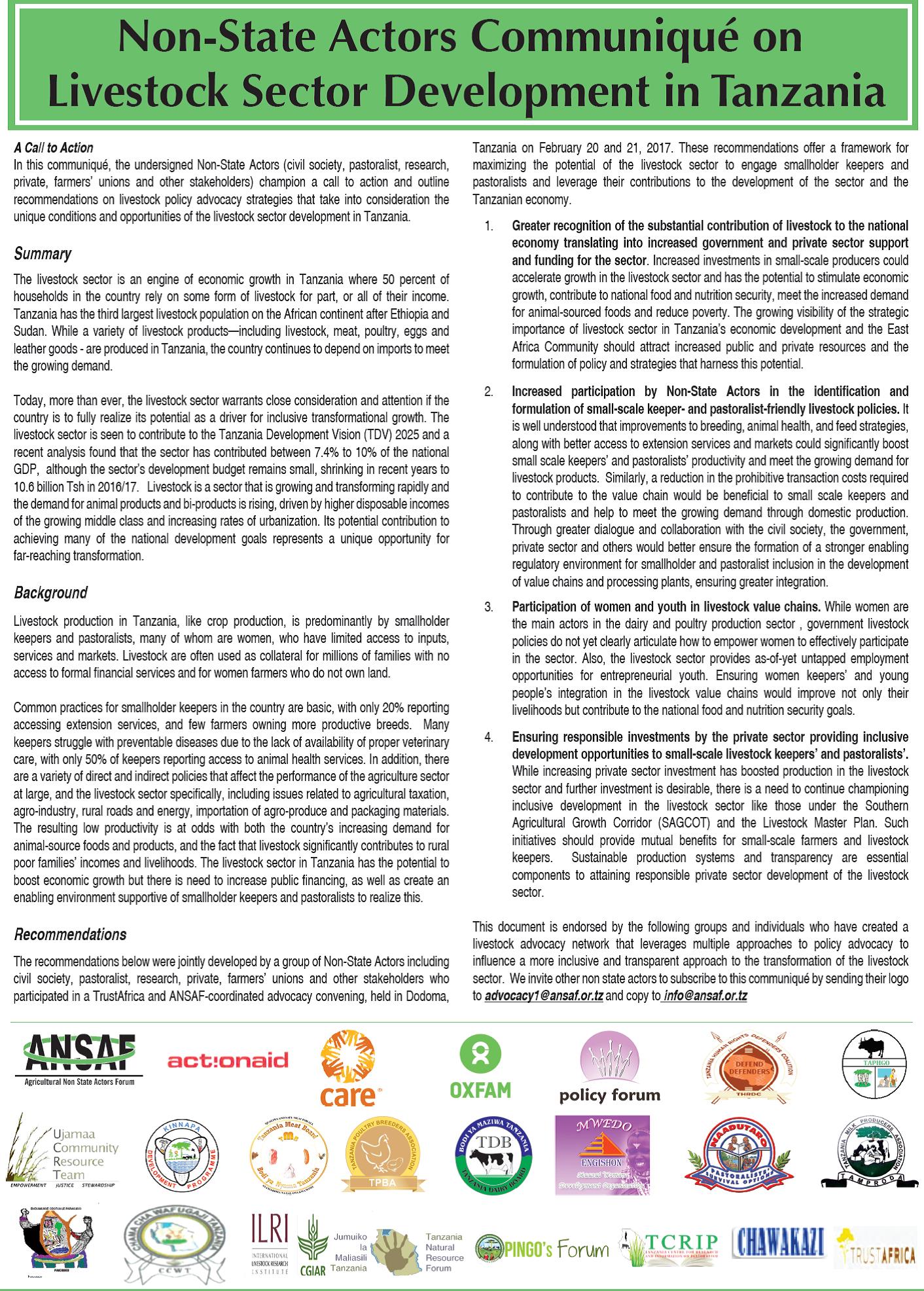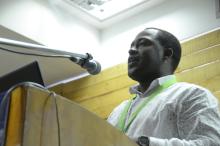
Topics and Regions
Godfrey Eliseus Massay is a lawyer and land tenure specialist.He has eight years of experience working on land rights and in the natural resource sector in Tanzania, and has written and published numerous articles on land rights in both national and international academic journals.
Details
Location
Contributions
Displaying 1 - 10 of 218A Growing Momentum to Promote Youth Land Rights in Tanzania
Tanzania’s youth population (defined as women and men between the ages of 15 and 35) constitutes about 35% of the country’s population. In Tanzania, youth engagement in agriculture is considered vital, given that youth form the largest part of the population and labour force in the country.
Women’s participation in land decision-making bodies in Tanzania: An overview
The Commission on the Status of Women convenes its 65th Session (CSW65) from 15-26 March. The priority theme of the session is “women's full and effective participation and decision-making in public life, as well as the elimination of violence, for achieving gender equality and the empowerment of all women and girls.” In this blog, I will highlight some of the international and regional commitments as well as Tanzania’s legal framework which seek to improve women’s participation in land governing bodies.
Women’s Land Rights and Sustainable Development Goals in Tanzania
In the effort to address global sustainability challenges affecting people, prosperity, and planet, in 2015, Sustainable Development Goals (SDGs) were adopted by the global community to replace the Millennium Development Goals (MDGs). SDGs have recognized women’s land rights as opposed to its predecessor, MDGs. Of over 230 indicators, three are on women’s land rights and seven are generally on land rights.
SAGCOT Investment Partnership Program
Presentation by the Minister for Lands on the initiatives to ensure full community involvement and environmental safeguards while putting underutilised land to productive use. This is to showcases opportunties in the land sector to investors.
SAGCOT Investment Partnership Program
Presentation by the Minister responsible for livestock to showcase to the investors the opportunities in the sector
Review of Food and Agricultural Policies in the United Republic of Tanzania
This report presents findings from the first agricultural policy review conducted by the Monitoring African Food and Agricultural Policies (MAFAP) project in the United Republic of Tanzania. The report reviews key economic issues and the main policy decisions affecting the agricultural sector. In particular, it focuses on price incentives and disincentives faced by farmers and consumers of nine agricultural commodities which make up a significant part of agricultural production, imports, exports and diet.
Agricultural Sector Development Strategy
This strategy is an integral component of the ongoing macroeconomic adjustment and structural reforms that are supported by Tanzania's development partners.
Monitoring African Food and Agricultural Policies
Despite progress made in adopting a more coordinated sectoral approach under initiatives such as Kilimo Kwanza and the Agricultural Sector Development Strategy, agricultural policies in Tanzania are implemented through a myriad of programs and projects.
Non-State Actors Communiqué on Livestock Sector Development in Tanzania
In this communiqué, the undersigned Non-State Actors (civil society, pastoralist, research, private, farmers’ unions and other stakeholders) champion a call to action and outline recommendations on livestock policy advocacy strategies that take into consideration the unique conditions and opportunities of the livestock sector development in Tanzania
Monitoring African Food and Agricultural Policies
FAO is working with national partners to set up a sustainable system for monitoring the impact of food and agricultural policies for the first time in Africa. Through MAFAP, FAO has developed common indicators for monitoring key commodities and public expenditure in agriculture. This helps policy makers and donors understand if policies are having a positive impact and compare results across countries and over time.


